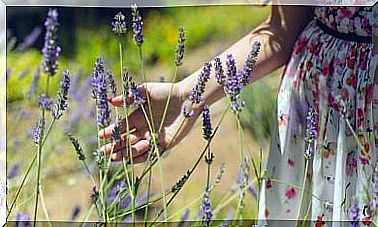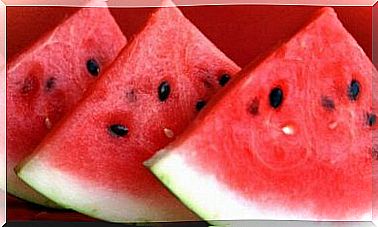Do These 4 Seeds Have Anticancer Properties?
To date, the evidence found in the different scientific investigations has made it clear that there is no food, drink, diet or plant capable of replacing or exceeding the cancer treatment that is prescribed to patients. However, that is not to say that in the search for ways to improve existing treatment, the potential that seeds may have, for example, is not considered.
There are certain compounds and properties that could be helpful in offering greater benefits to patients. However, the vast majority of researchers agree that more clinical studies are needed. It is also necessary, of course, to continue to deepen the issues, since there are still many aspects that are not clear.
Anti-cancer seeds?
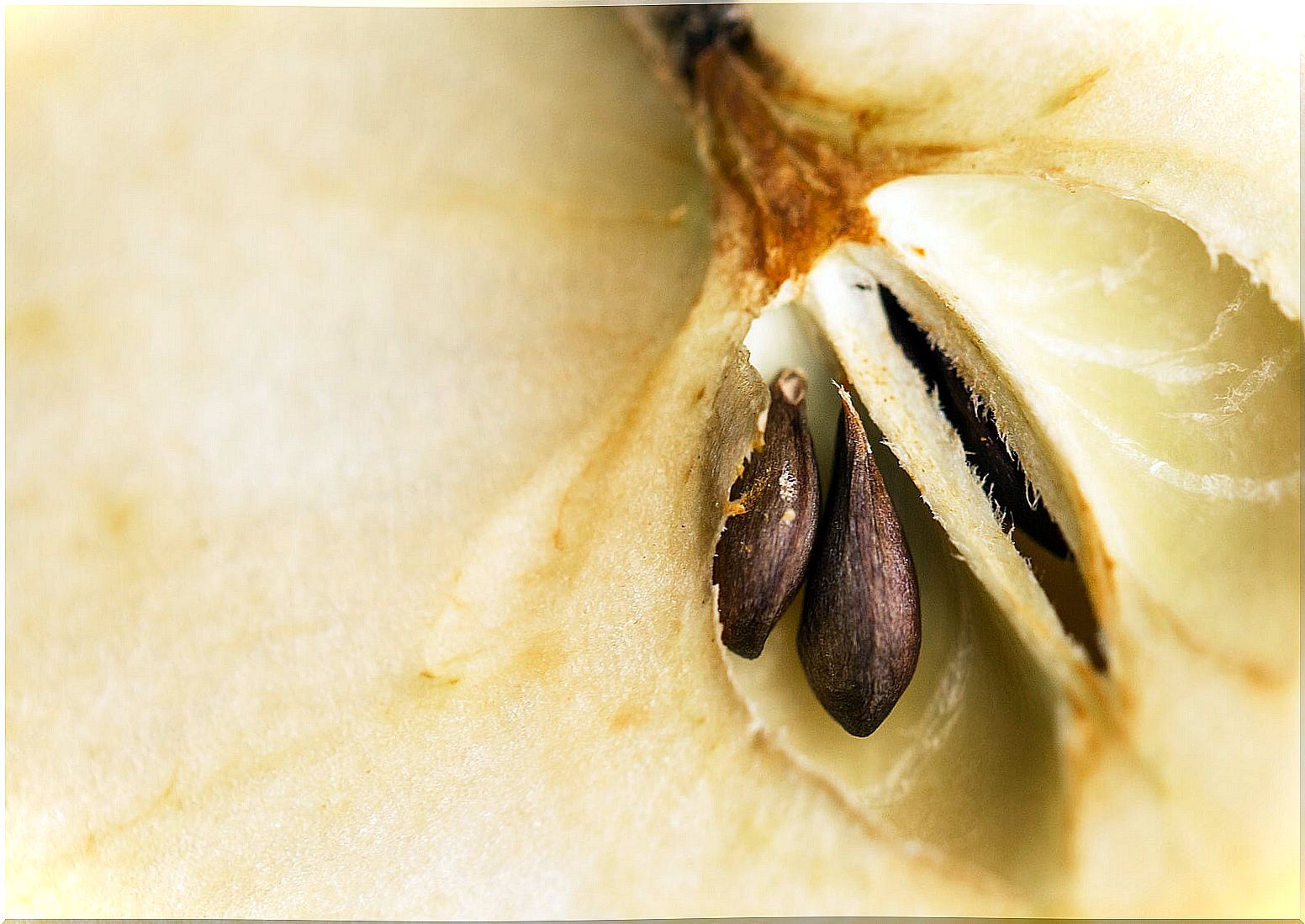
1. Apple seeds
Experts from the National Cancer Institute say that after conducting animal experiments and human clinical studies , apple seeds have been shown not to have anticancer properties.
It used to be believed that these seeds could have potential, given their content of amygdalin or laetrile, a plant compound that contains sugar and produces hydrogen cyanide.
2. Grape seeds
Other seeds that were studied because perhaps they could have an anticancer and chemoprotective effect were those of grapes. It was considered that these could be a rich source of antioxidants, capable of having an influence on oxidative stress.
At the end of the investigations, it was concluded that the evidence found was insufficient. Therefore, it was clear that consuming grape seeds did not help prevent or treat cancer.
Instead, it was reaffirmed that maintaining a healthy lifestyle was capable of making a significant contribution to quality of life.
3. Flax seed
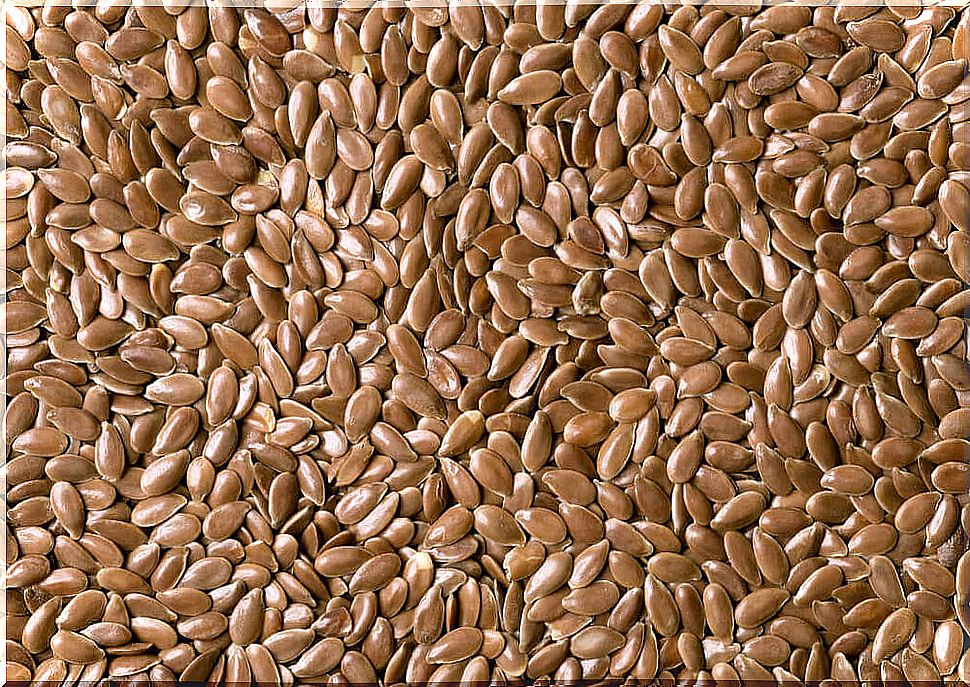
Flax seeds have several nutrients and are a source of alpha-linoleic acid. However, this does not mean that its regular consumption may have an anticancer effect. This has been shown in various investigations.
In a recent study, the following conclusions were reached:
- Some animal studies have suggested the possibility that consuming omega 3 fatty acids may reduce the risk of breast cancer. However, it would be necessary to continue to deepen the matter and carry out more clinical studies in humans.
- Most experimental studies indicate that flax seeds increase or maintain the effectiveness of tamoxifen in slowing the proliferation of cancer cells.
- More clinical studies are needed to confirm that there is a relationship and respective efficacy of flax seeds with tamoxifen.
4. Apricot seed
A study was recently published whose objective was to find out if some compounds in apricot seeds (among which amygdalin is also found) could help stop the proliferation of cancer cells in the colon.
The researchers concluded that, although some compounds have shown some potential, it is still too early to make recommendations about dosages and ways in which their benefits can be harnessed. First, more clinical studies in humans would have to be done to determine its effectiveness.
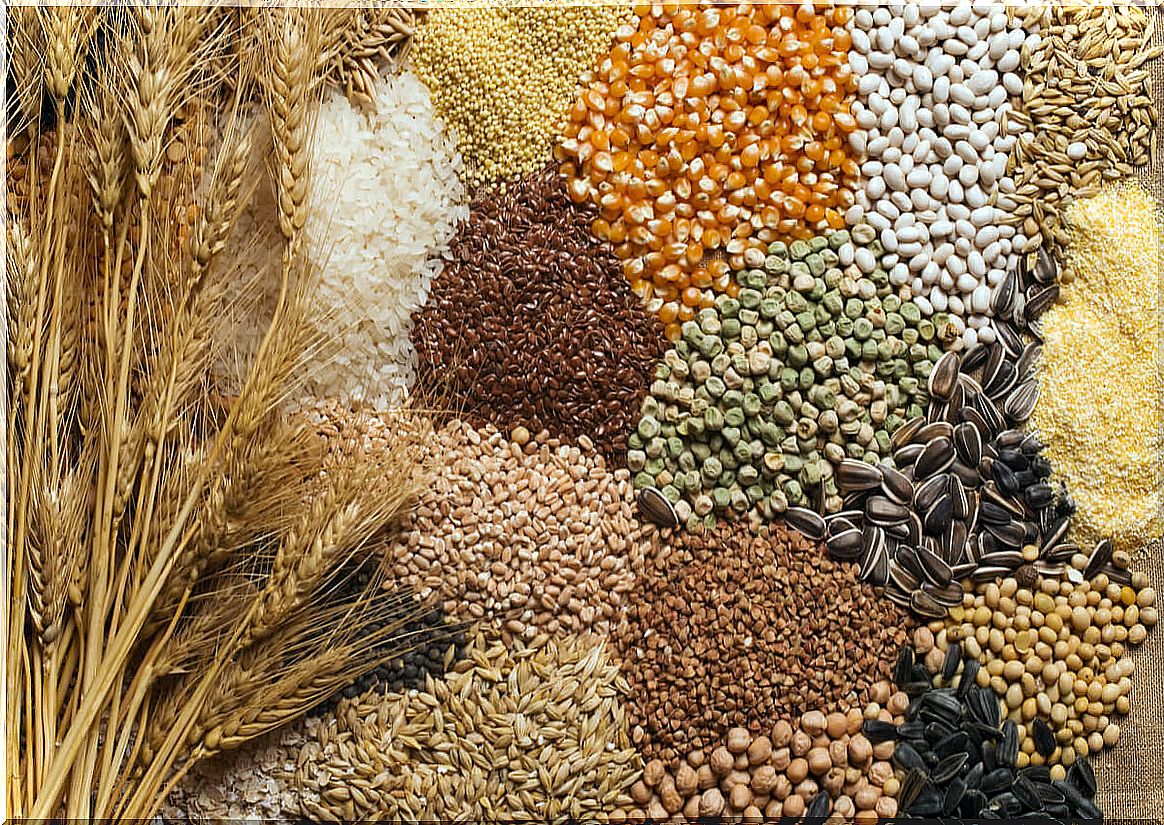
The moderate consumption of seeds, within a balanced and varied diet, can provide health benefits. However, it does not help prevent, treat, or cure cancer in any way. In any case, you can only add a contribution of nutrients to the diet and thus contribute to the health of the entire body.
On the other hand, it should be borne in mind that experts are constantly investigating new forms of cancer treatment.
Finally, if you have questions about diet and cancer, you can consult the document prepared by the experts of the Spanish Association Against Cancer.
